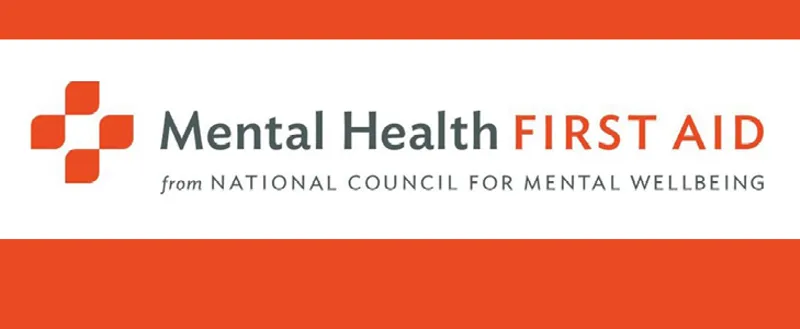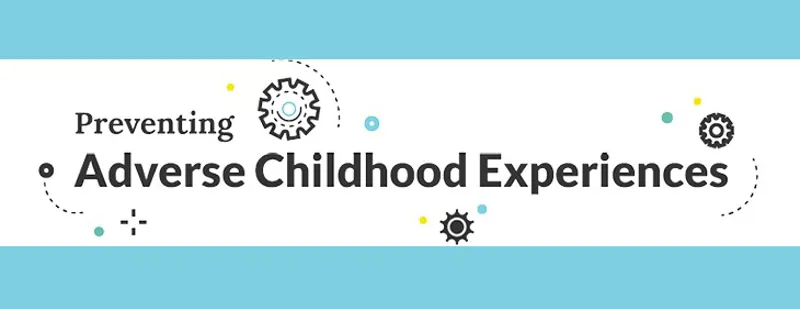Mental Health First Aid - Youth Training
9:00 AM Youth Mental Health First Aid is designed to teach how to help an adolescent (age 12-18) who is experiencing a mental health or addictions challenge or is in crisis. The course introduces common mental health challenges for youth, reviews typical adolescent development, and teaches a 5-step action plan for how to help young people in both crisis and non-crisis situations. Click here to view the training flier.








